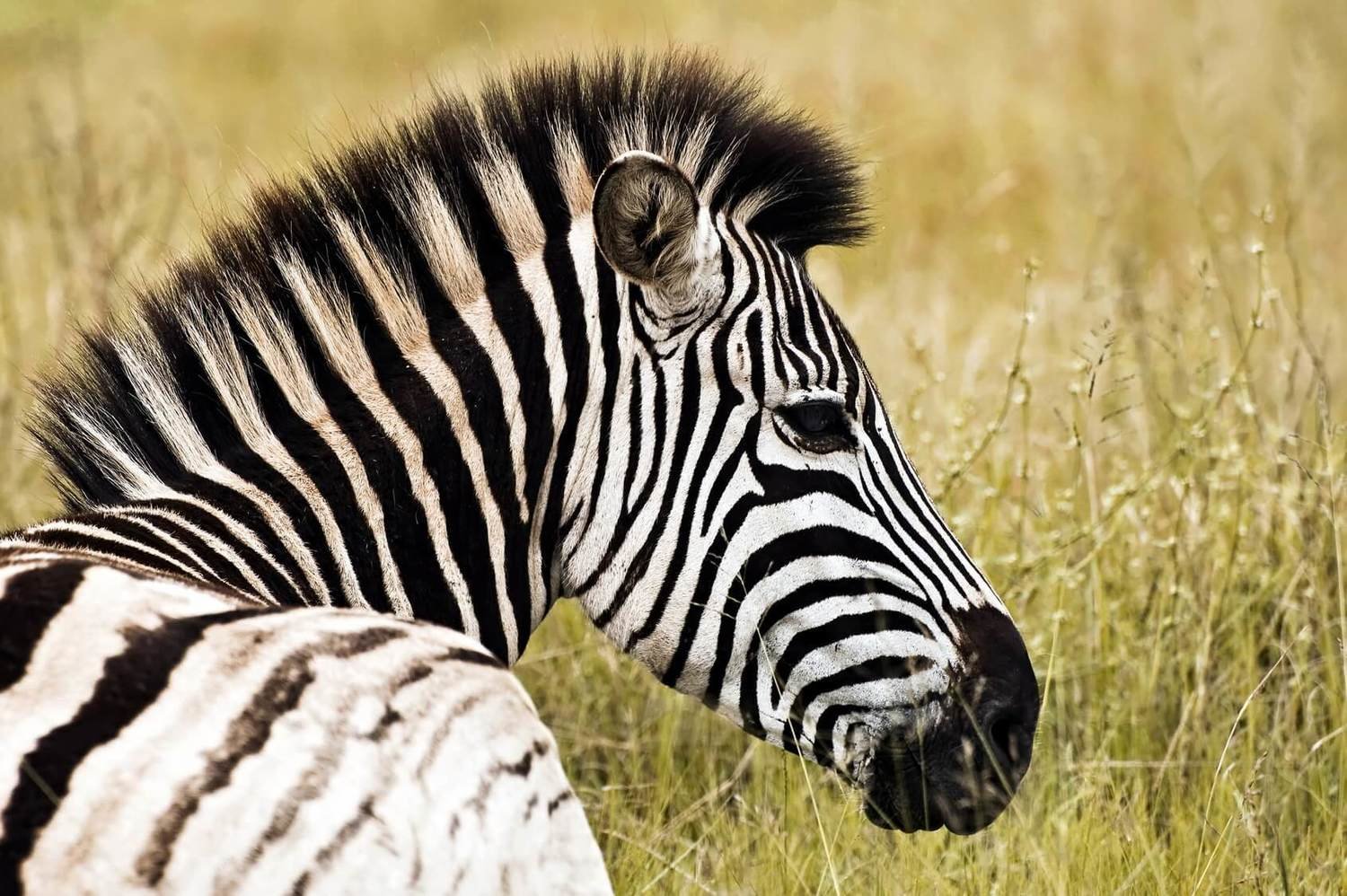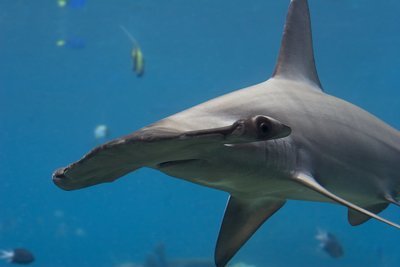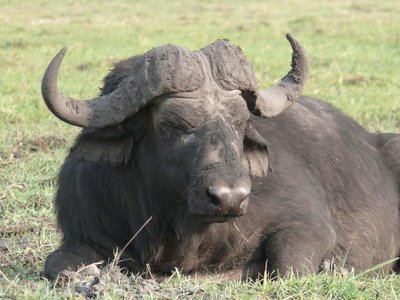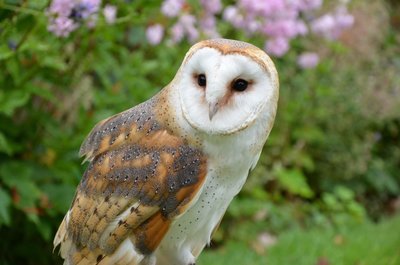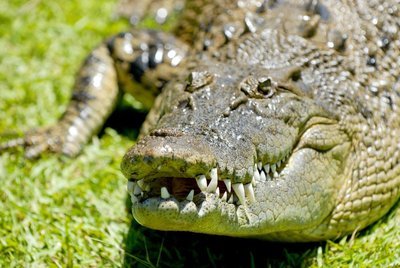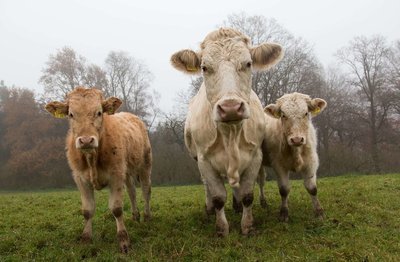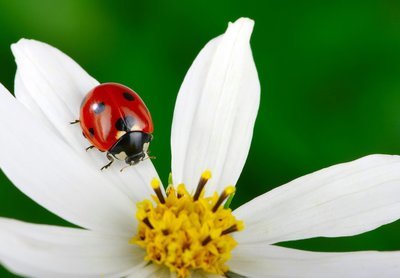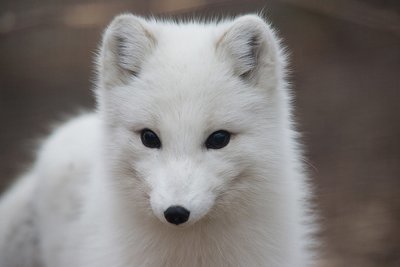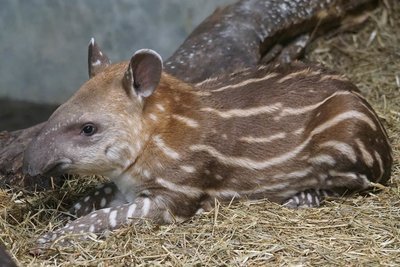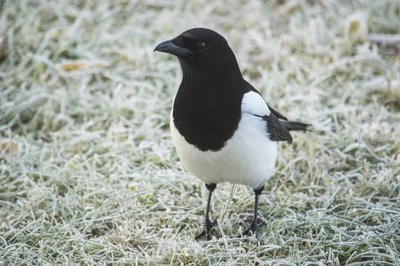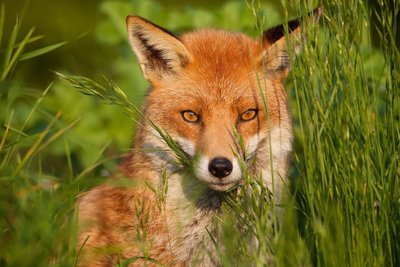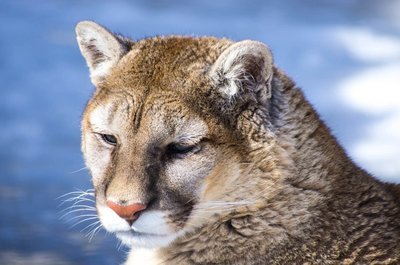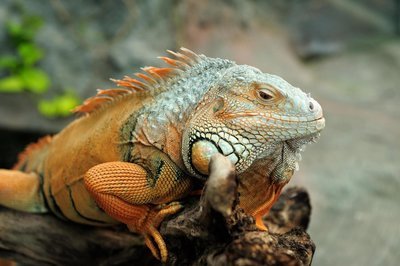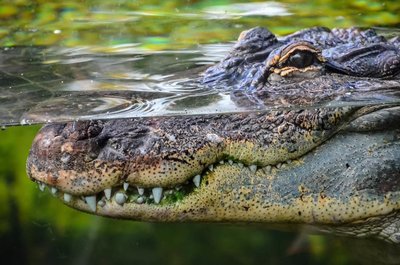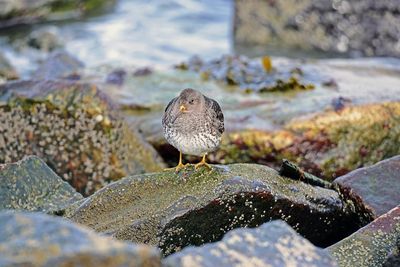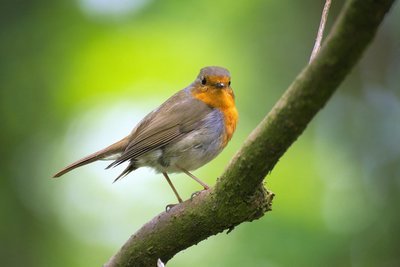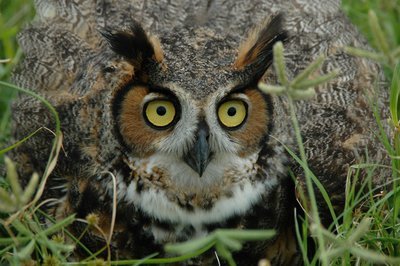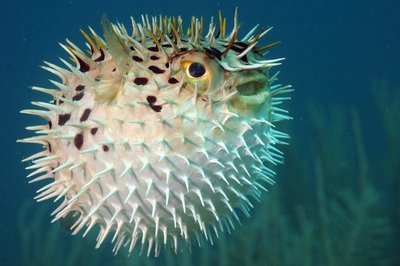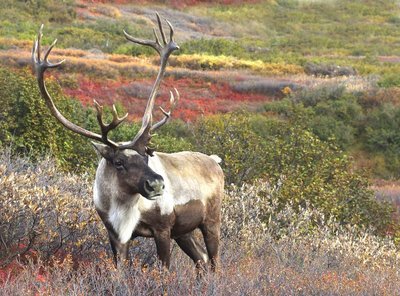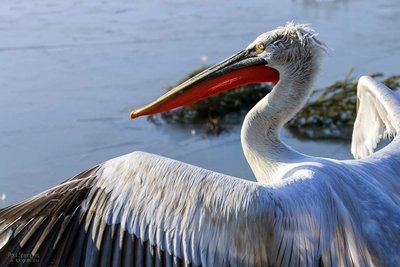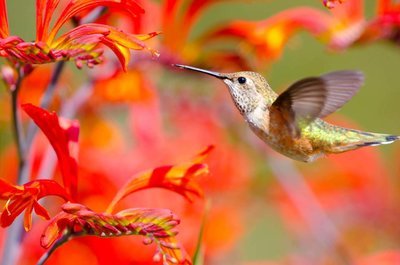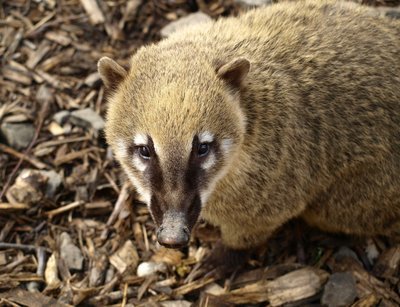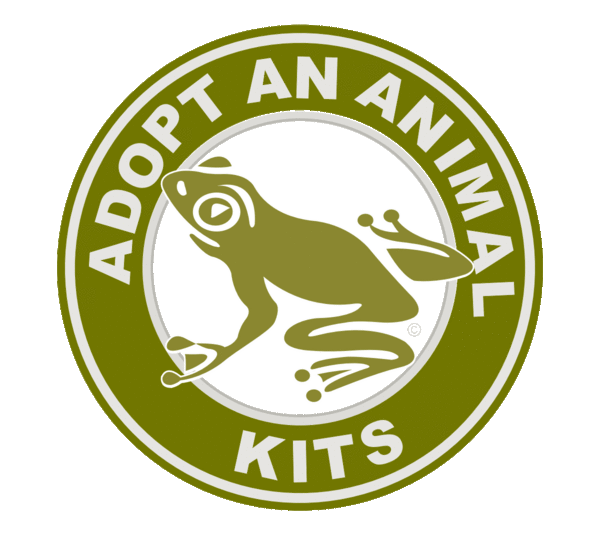

Adopt An Animal Kits
Adopt An Animal symbolically. Your Adopt An Animal Kit comes in a Deluxe Folder and includes: Glossy Photo of Your Adopted Animal; Adopt An Animal Adoption Certificate; Fact Sheet About Your Adopted Animal; Help Animals Info Cards Packed With Information On Animal Issues & How You Can Help Animals And The Environment. Adopt An Animal for Yourself or as a Gift.
Adopt A Zebra
Adopt A Zebra
Your Adopt A Zebra Kit comes in a Deluxe Folder and includes:
- Glossy Photo Of Your Adopted Zebra
- Adopt A Zebra Adoption Certificate
- Fact Sheet About Your Adopted Zebra
- Help Animals Info Cards Packed With Information On Animal Issues & How You Can Help Animals And The Environment
Adopt A Zebra Kits make great gifts and can be sent directly to the recipient. Simply supply the recipient's name and mailing address as shipping information. We'll even include a letter stating the Adopt An Animal Kit is from you.
Adopt An Animal symbolic adoption is a one time fee. Adopt an animal for yourself or order an Adopt An Animal Kit as a gift. Help make a difference for animals - Adopt An Animal Today!
Adopt A Zebra
Zebras have black and white stripes all over their bodies except their stomachs, which are white. They have four one-toed hoofs. Their slender, pointed ears reach up to eight inches in length. Zebras have manes of short hair that stick straight up from their necks. The stripes on their bodies continue to the mane. They also have a tuft of hair at the end of their tails. The Grevy's Zebra differs from all other zebras in its primitive characteristics and different behavior.
Zebras reach six to eight-and-a-half feet in length. Their tails are an additional one-and-a-half feet long. Zebras weigh between 530 and 820 pounds. They are four to five feet tall at the shoulder. Equus zebra is generally larger than Equus zebra hartmannae.
Members of the genus Equus (horses, donkeys and zebras) can live 25 to 45 years.
The Plains Zebra (Equus quagga, formerly Equus burchelli) is the most common, and has or had about five subspecies distributed across much of southern and eastern Africa. It, or particular subspecies of it, have also been known as the Common Zebra, the Dauw, Burchell's Zebra (actually the extinct subspecies, Equus quagga burchelli), and the Quagga (another extinct subspecies, Equus quagga quagga).
The Mountain Zebra (Equus zebra) of southwest Africa tends to have a sleek coat with a white belly and narrower stripes than the Plains Zebra. It has two subspecies and is classified as endangered.
Grevy's Zebra (Equus grevyi) is the largest type, with an erect mane, and a long, narrow head making it appear rather mule like. It is a creature of the semi arid grasslands of Ethiopia, Somalia, and northern Kenya. It is endangered too. There are two subspecies of mountain zebra. Equus zebra is endangered and Equus zebra hartmannae is threatened.
Zebras occur in southwestern Africa. Equus zebra inhabits South Africa and Equus zebra hartmannae inhabits Namibia and Angola. The primary habitats of zebras are the slopes and plateaus of mountainous regions. Zebras inhabit elevations of up to 6,500 feet. Plains Zebras are much less numerous than they once were, because of human activities such as hunting them for their meat and hides, as well as encroachment on much of their former habitat, but they remain common in game reserves. The Grevy's Zebra (Equus grevyi), sometimes known as the Imperial Zebra, is the largest species of zebra. It is found in the wild in Kenya, Somalia, and Ethiopia, and is considered endangered, partly due to hunting for its skin which fetches a high price on the world market. Compared to other zebras, it is tall, has large ears, and its stripes are narrower.
Zebras feed on a variety of grasses. They are most active in the early morning and late afternoon. They spend up to half of the daylight hours feeding. A zebra's top speed is slower than a horse, however they have much greater stamina. Zebras are highly social and usually form small family groups consisting of a single stallion, one, two, or several mares, and their recent offspring. Groups are permanent, and group size tends to vary with habitat: in poor country the groups are small. From time to time, Plains Zebra families group together into large herds, both with one another and with other grazing species, notably Blue Wildebeests.
Unlike many of the large ungulates of Africa, Plains Zebras prefer, but do not require, short grass to graze on. In consequence, they range more widely than many other species, even into woodland, and they are often the first grazing species to appear in a well vegetated area. Only after zebras have cropped and trampled the long grasses do wildebeests and gazelles move in. Nevertheless, for protection from predators, Plains Zebras retreat into open areas with good visibility at night time, and take turns standing watch.
Grevy's Zebra has a social system characterized by small groups of adults associated for short time periods of a few months. Territories are marked by dung piles and females within the territory mate solely with the resident male. Small bachelor herds are known. This social structure is well adapted for the dry and arid scrubland and plains that Grevy's Zebra primarily inhabits, less for the more lush habitats used by the other zebras. Like all zebras, Grevy's Zebra males fight amongst themselves over territory and females. The Grevy's is vocal during fights, braying loudly. The Grevy's communicates over long distances.
Foals (baby zebras) weigh 55 pounds at birth. Mares normally give birth to their first foal when they are between three and six years of age. Normally they then give birth to one foal every one to three years until they are 24.
THREATS TO ZEBRAS
The spread of agriculture is one of the main threats to zebra. Their habitat is destroyed to make room for new farmland, and they are hunted and killed so that domestic livestock can graze on the land. Zebras are also hunted for their skins.
Zebras are common victims of the animal entertainment industry. They are often found on display at zoos, roadside zoos and "wildlife safaris." Denied their wild nature, strong family bonds and natural social interactions, they face the constant stresses of life in captivity.
Adopt Adopt An Animal Kits
Our Adopt An Animal Kits are educational packets that allow you to symbolically adopt a favorite animal species and contain a variety of information promoting the protection of wildlife, companion animals, farm animals and the environment. By purchasing a symbolic adoption kit you will receive a packet of information regarding daily choices you can make to help the earth and animals.
Your Adopt An Animal Kit comes in a Deluxe Folder and includes:
Glossy Photo Of Your Adopted AnimalAdopt An Animal Adoption CertificateFact Sheet About Your Adopted AnimalHelp Animals Info Cards Packed With Information On Animal Issues & How You Can Help Animals And The Environment.
Adopt an animal for yourself or order an Adopt An Animal Kit as a gift. Symbolically adopting an animal is the perfect gift for a loved one who loves animals, and helps to promote the compassionate treatment of animals and respect for the environment by offering information on how to help the earth and animals. Adopt An Animal Kits can be sent directly to the recipient: simply supply the recipient's name and mailing address as shipping information. We'll even include a letter stating the Adopt An Animal Kit is from you.
Adopt An Animal Kits is a small, independent business not affiliated with any other business, non profit or charitable organization.
Fast Shipping!
Shipping time for Adopt An Animal Kits averages 2 to 4 business days - USA. Allow additional time for Adopt An Animal Kits orders outside the USA. Your Adopt An Animal Packet will arrive approximately 2 to 4 business days following shipping date. Shipping for Adopt An Animal Kits within the USA is by U.S.P.S. Priority Mail.
INTERNATIONAL ORDERS: Average shipping time for Adopt An Animal Kits outside of the USA is 5 to 14 business days, including Canada. International Shipping & Handling for Adopt An Animal Kits is by U.S.P.S. First Class Mail.
About Us
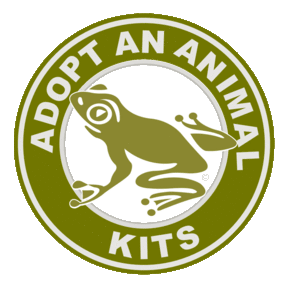
Adopt An Animal Kits, LLC
The world is teaming with an amazing diversity of animals. Some species are beautiful, others bizarre — but they all are important to the ecosystem and deserve our respect, compassion and protection. Unfortunately, many animal species are declining at a rapid rate as a result of irresponsible human activities. Habitat destruction, pollution, hunting, poor agricultural practices and changes in climate are among the threats faced by wildlife and domestic animals.
Adopt An Animal Kits, LLC is a small business who believes in promoting the advancement of compassionate living by educating the public about animal and environmental issues and what individuals can do to prevent cruelty to animals. Through our work, we strive to eliminate the prejudice of animals (speciesism) through educational efforts. Our business produces printed and printable educational materials available to individuals with an interest in earth and animal topics. Our Adopt An Animal Kits seek to educate and influence individuals on environmental and animal issues. The purchase of an Adopt An Animal Kit allows you to symbolically adopt your, or your loved one's, favorite animal species while promoting the protection of wildlife, companion animals, farm animals and the environment. Rather than adopting an indivdual animal, you are symbolicly adopting the species. Each kit contains a collection of information on how you or your loved one can make daily choices to help animals and the environment.
Our website provides an information portal regarding these issues. Information posted on the site is free of charge and available to anyone with an interest. Our printed and printable materials are available to individuals with an interest in earth and animal issues. We produce hundreds of fact sheets, flyers, and digital materials regarding environmental and animal issues. Most materials are available at no cost to anyone with an interest.
Adopt An Animal Kits, LLC is not a charitable or nonprofit organization.
